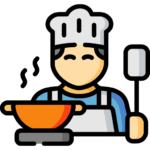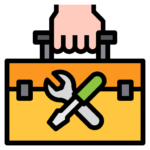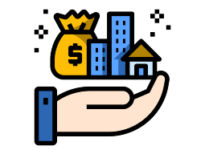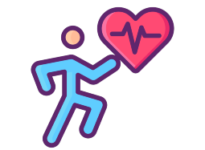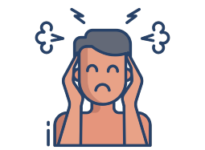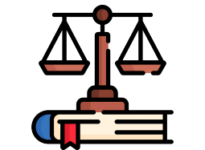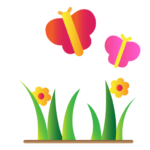About Lesson
This course is designed to teach students how to count and work with numbers. Through interactive lessons and hands-on activities, students will develop their understanding of the numerical system and learn how to count, read, and write numbers. The course aims to foster a love for learning math and to equip students with the foundational skills that they will need throughout their academic journey.
Join the conversation

